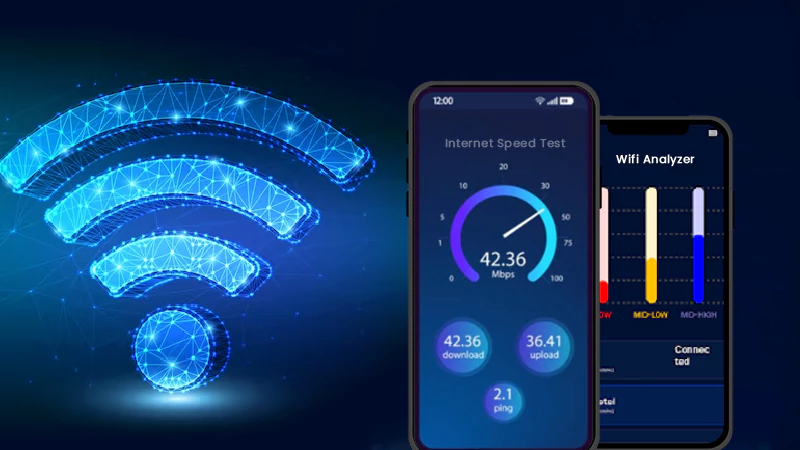Ripple vs. SEC: Everything You Need to Understand About the Lawsuit
Key Takeaways
- Ripple Lab created a RippleNet network enabling real-time settlement of transactions using cryptocurrency.
- Ripple was accused of raising 14.6 billion from 2013-20202 without submitting any registered paperwork required.
- The judgment favored both parties, giving them partial victories.
- The outcome of the lawsuit can alter the regulatory landscape of the cryptocurrency industry.
The Securities and Exchange Commission (SEC) sued Ripple Labs and its CEOs in 2020, alleging Ripple was using XRP for fundraising purposes instead of its intended usage.
The SEC said that Ripple promised billions of XRP in exchange for non-cash services and conducted an unregistered initial public offering (IPO) of XRP, selling tokens to investors globally without proper registration.
However, in a recent ruling, the judge presiding over the landmark SEC v. Ripple case, Judge Analisa Torres, found that the cryptocurrency company had not broken any laws relating to securities when it sold its XRP token on open markets. This crypto guide article will discuss everything you need to understand about this lawsuit. Let’s get started.
What are the SEC’s Allegations Against Ripple?
Ripple Labs was established in 2012 to give financial institutions access to speedy and affordable international money transfers through their RippleNet network. The company created it to enable real-time settlement of transactions using the cryptocurrency XRP to make this a reality.
When Ripple Labs’ founders used XRP as a digital asset to generate money in 2013, it eventually served more purposes than those it was first intended for. The SEC accused them (along with two of its employees: Christian Larsen and Brad Garlinghouse) of selling unregistered securities worth more than $1.3 billion to the general public using their company-offered XRP over several years.
Transactions from 2013 until late 2020 that accounted for the sale of more than 14.6 billion XRP for cash were disclosed in the SEC filing. Moreover, the SEC said Ripple never submitted registration paperwork, which is necessary for businesses operating in the capital market when looking to raise money from the general public.
In action, the regulator alleged that Ripple had “created an information vacuum” by withholding information it did not deem necessary to divulge. They, to put it simply, sought to conceal it.
According to the SEC, XRP is security; since security might be any other analogous entity that serves no other purpose, it is often a financial instrument that can be traded and denotes ownership or a portion of a corporation.

How did the SEC Qualified Ripple as a Security?
The SEC used the Howey test, according to which, determining whether an investment contract qualifies as a security for purposes of the Securities Act of 1933 and the Securities Exchange Act of 1934 is vital.
It is rather straightforward that it is projected as security if investors do not influence the asset. So, did XRP meet the criteria of the Howey test?
According to SEC laws, securities must be registered with the SEC, and some financial information must be made available to the public.
The goal is to safeguard investors’ interests while guarding against fraud. In the end, the SEC found that XRP met the criteria of the Howey test and is a security.
Do You Know?
The Ripple company was founded by software developer Ryan Fugger in 2004, even before Bitcoin was introduced in the market. It was later co-founded in 2012 by Chris Larsen and Jed McCaleb.
What is the Judgement?
On July 13, 2023, the Southern District of New York (SDNY.) The United States District Court delivered its eagerly anticipated ruling on the case. The SEC and Ripple Labs received partial victories in Judge Analisa Torres’ decision, granting some of each party’s requests.
Judge Torres ruled that XRP is not an investment contract that satisfies the Howey test standards since it is a digital token and not a “contract, transaction, or scheme.” The court specifically said that the circumstances of each type of transaction must be considered, rejecting the concept that all tokens are securities.
As such, it amounted to four different transaction types for Ripple Labs, three of which Judge Torres said did not qualify as securities transactions. Ripple’s written contracts-based sales of XRP to institutional investors fall within the category of transaction types deemed to be securities.
The sale of XRP by Ripple to programmatic buyers (i.e., to the general public through digital asset exchanges or trading algorithms), the distribution of XRP as payment (e.g., to employees), and the sale of XRP to programmatic buyers by the defendants (Larsen and Garlinghouse) do not constitute the unlawful offer and sale of securities.
The court also rejected the well-praised “Fair Notice” defense. It concluded that the SEC gave Ripple and the other parties adequate explanations of the rules and regulations governing the institutional sales of XRP.
Last but not least, Judge Torres explicitly declined to expand the scope of her opinion to include secondary market sales of XRP or other tokens, stating that the totality of the circumstances and the viability of that particular contract, transaction, or scheme would determine whether a secondary market sale constitutes an offer or sale of an investment contract.
Conclusion
Although the SEC has yet to confirm, there is an expectation that the judgment will be appealed in some quarters. Nevertheless, the outcome of the SEC v. Ripple lawsuit could still alter the regulatory landscape for the whole cryptocurrency industry.
What isn’t yet apparent is whether the judgment will stand and how subsequent lawsuits against cryptocurrency companies will be handled.
Exploring Common 2-Story Houses Energy Usage Patterns and…
How Long Does It Take to Obtain An…
The Secrets Behind High-Performance Racing Windows
Co-Parenting Strategies for Divorced or Separated Parents in…
How Auto Lawyers Help Victims of Distracted Driving…
How Can an Attorney Help in a Trucker…
What is the Rule of Thumb for Pipes?
Best DVD Rippers for Windows & Mac: Free…
Reducing the Impact of Unexpected Construction Expenses
8 Ways to Improve Wi-Fi Speed and Stability…
What Information Can Be Gleaned From a Funnel…
Essential Strategies to Make Hotel Management Easier












